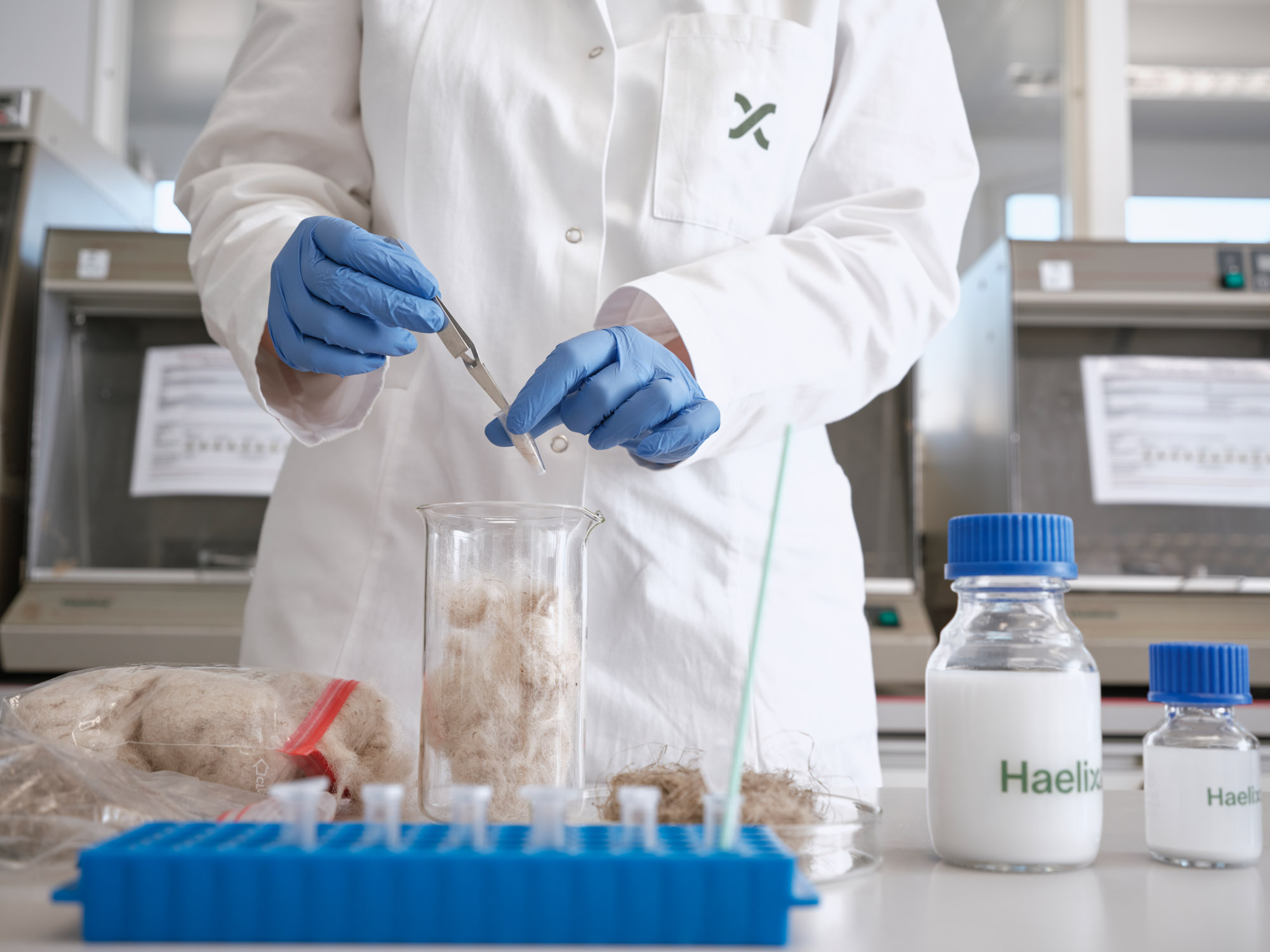New European regulations are reshaping the textile and fashion industry. From stricter reporting requirements to bans on products linked to forced labour or deforestation, brands face growing pressure to prove their supply chains are transparent, responsible, and compliant. For many businesses, the challenge lies in uncertainty: How can we be sure our products truly meet these new standards?
Regulation is now the strongest driver of traceability in the textile industry. Ten years ago, companies followed only a few rules on product safety and labeling. Today, new laws require businesses to know what is in their products, where and how they are made, and the social and environmental impact of production. This shift shows why mapped and verifiable supply chains are no longer optional but vital for compliance and credibility.
The challenges companies face
- Uncertainty & complexity: navigating multiple regulations (CSDDD, CSRD, ESPR, Green Claims Directive, Forced Labour Ban, etc.) is overwhelming.
- Risk of non-compliance: products may be excluded from the EU market if origin and supply chain data can’t be verified.
- Green washing concerns: brands risk reputational damage if sustainability claims can’t be backed with hard evidence.
- Reporting pressure: CSRD requires detailed, verifiable disclosures that many companies struggle to provide.
- Consumer trust: customers demand transparency and proof, not just promises.
“The industries have moved from a point of not needing to trace supply chains beyond internal documentation on spreadsheets, to needing to trace them formally and digitally, to needing to verify that what they have traced is accurate and can be reported to the various authorities and regulators.”
Patrick Strumpf, CEO Haelixa
Key legislation shaping the industry
- Corporate Sustainability Due Diligence Directive (CSDDD): companies must identify, prevent, and address environmental and human rights risks.
- EU Forced Labour Regulation: products linked to forced labour are banned from the EU market.
- Deforestation-Free Products Regulation (EUDS): businesses must ensure no raw materials come from deforested areas.
- Ecodesign for Sustainable Products Regulation (ESPR): focus on durability, circularity, and verified product composition.
- Waste Framework Directive (WFD): proof of recycled content and stricter waste prevention rules.
- Green Claims Directive: sustainability claims must be backed with scientific evidence.
- Corporate Sustainability Reporting Directive (CSRD): detailed disclosure of sustainability performance, including supply chain data.
How Haelixa helps solve these problems
- Unique DNA marker technology: Haelixa DNA markers are sprayed directly onto raw materials, providing physical proof that what’s claimed on paper matches what’s real in fiber terms. These highly-sensitive and reliable lab tests ensure tamper-proof, forensic-level traceability that no other provider can match. DNA markers offer an unparalleled solution for advanced product authentication. They create a distinctive, traceable identity for products at every stage of the supply chain.
“The DNA we use is derived from plants and is invisible, extremely resilient and non toxic. The DNA tracer can be generated in unlimited unique versions for each brand, fiber, material combination, or even location in the supply chain where the marker is applied.”
Patrick Strumpf, CEO Haelixa
- Prove origin: show exactly where fibers like cotton, cashmere, or recycled materials come from – verified at every stage.
- Demonstrate compliance: provide physical proof that no forced labour, deforestation, or other risks occurred in production.
- Substantiate claims: back up “organic”, “recycled” or “sustainable” claims with DNA-based evidence.
- Strengthen reporting: deliver robust, verifiable data for CSRD and other disclosure requirements.
- Build trust: give consumers, regulators, and partners transparency they can rely on – protecting both brand reputation and market access.
Legislation is changing fast, and while compliance may feel like a burden, it is also a unique opportunity. Digital tracing platforms combined with physical ‘embedded’ tracers such as Haelixa’s permanent DNA marker offer a total solution for complying with regulations and proving ethical, compliant materials sourcing. Brands that embrace transparency now will not only stay compliant but also gain a competitive advantage.
